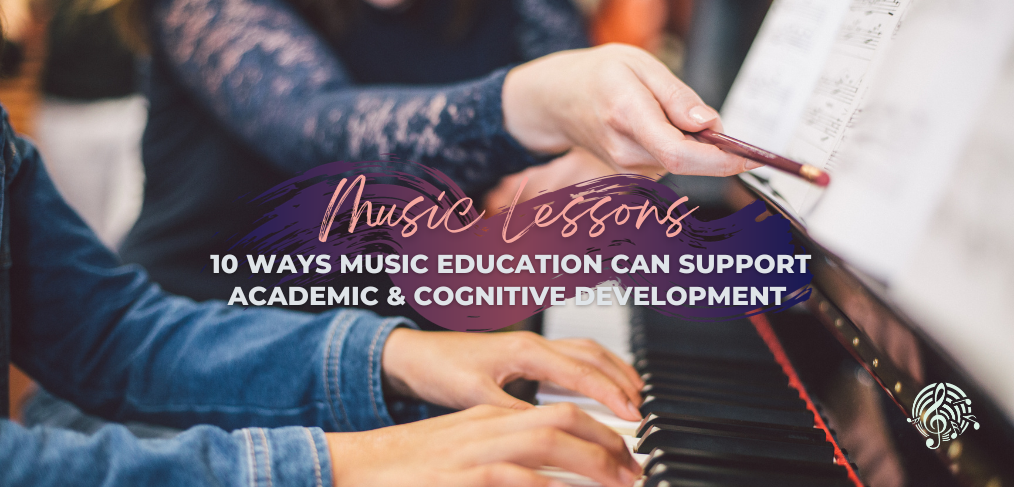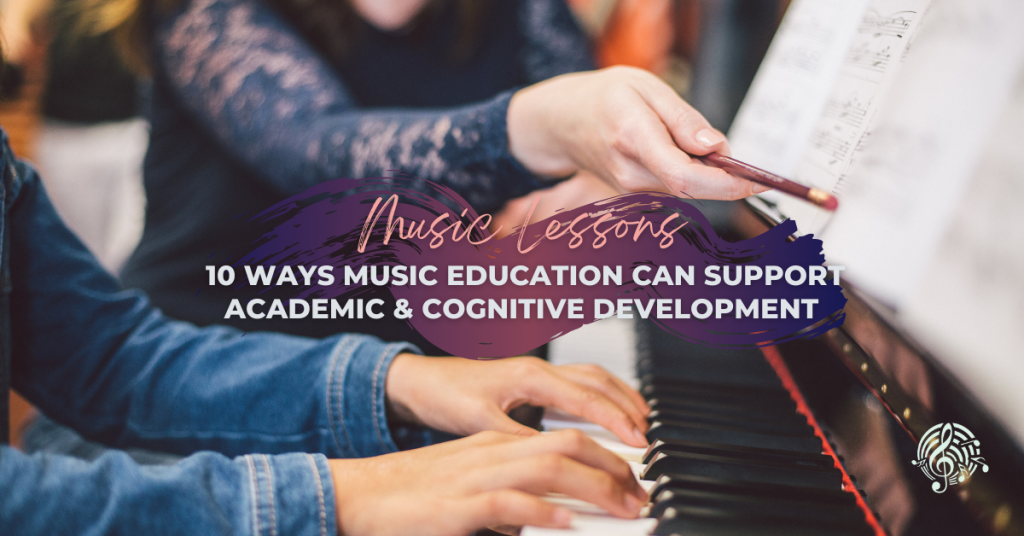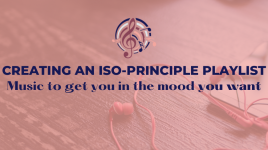
10 ways music lessons support academic and cognitive development
Music lessons are more than just an extra-curricular activity to add to a student’s day. Many benefits come from the enjoyment of learning music.
Below are 10 ways in which music lessons can support academics and cognitive development:
1. Memory
When reading and learning a piece of music, we need to memorize the notes, rhythms, sequences, and patterns within the music. This will support the strengthening of memory and help with memorizing new knowledge.
2. Learning and Problem Solving
Whether it be understanding what a teacher has taught them and incorporating what is learned into practice at home, understanding learned concepts to sight read and figure out how to play a piece of music, learning from previous mistakes, or problem solving how to play a certain passage in a certain manner, music helps aid learning and problem solving.
3. Language Skills
Music in itself is a language. Interpreting and understanding notes, symbols and patterns helps improve language skills and supports students in becoming better readers and writers. In addition, music strengthens the ability to learn words, speak them correctly, and recognize pitch and tone.
4. Math Skills
With understanding of rhythm – breaking down beats (e.g.. how many eighth notes in one beat), and time signatures (e.g., how many beats in a bar, how can we count?), music can support the understanding of division and fractions.
5. Coordination
Playing a musical instrument enhances hand eye coordination. Being able to read a passage of notes and use the right fingerings to play the correct notes or
watching a conductor for cues of when to sing, or play strengthens skills of coordination.
6. Creativity
This can be demonstrated in one’s interpretation of a piece of music, in creating compositions, as well as a tool for self-expression.
7. Discipline/ Time Management
Practicing regularly and the commitment to learn encourages discipline and time management. How a student breaks down a piece and working on sections in order to achieve musical goals within a set time frame fosters these qualities that can be carried over across all learning.
8. Stress Reduction
Playing and listening to music can reduce stress and anxiety, as music can be used as an outlet when stressed.
9. Social Skills
Within group music lessons or playing music with others (e.g., duets or ensembles), students are able to work collaboratively, increasing their ability to work together as a team.
10. Motivation and Confidence
Working towards and achieving musical goals (e.g., learning a favourite song, passing an exam, performing in a recital) can boost a student’s confidence and help them understand they are capable of achieving set goals with dedication and practice.

Resource
Asasher. “The Benefits of Music in the Classroom.” CCEI A StraighterLine Company, 28 July 2022, www.cceionline.com/the-benefits-of-music-in-the-classroom/



